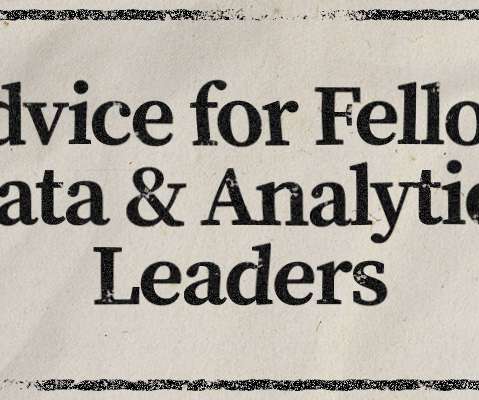Big Data Helps Drive the Future of Virtual Healthcare
Smart Data Collective
SEPTEMBER 16, 2022
Big data technology is shaping the future of healthcare. Global healthcare companies are projected to spend over $105 billion on big data by 2030. One of the biggest benefits of big data in healthcare has been in the field of virtual healthcare. This makes it easier to make more informed diagnoses.














Let's personalize your content